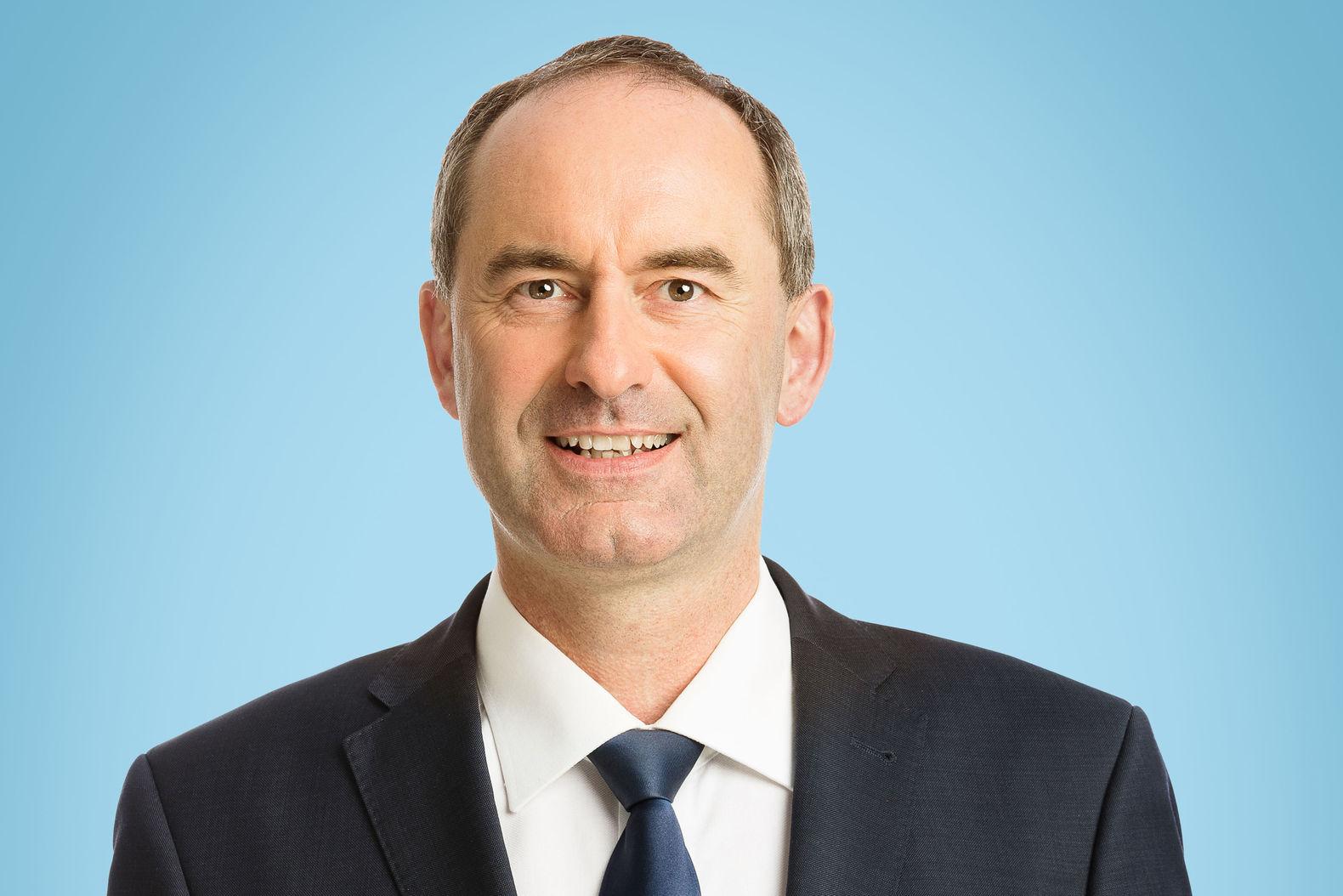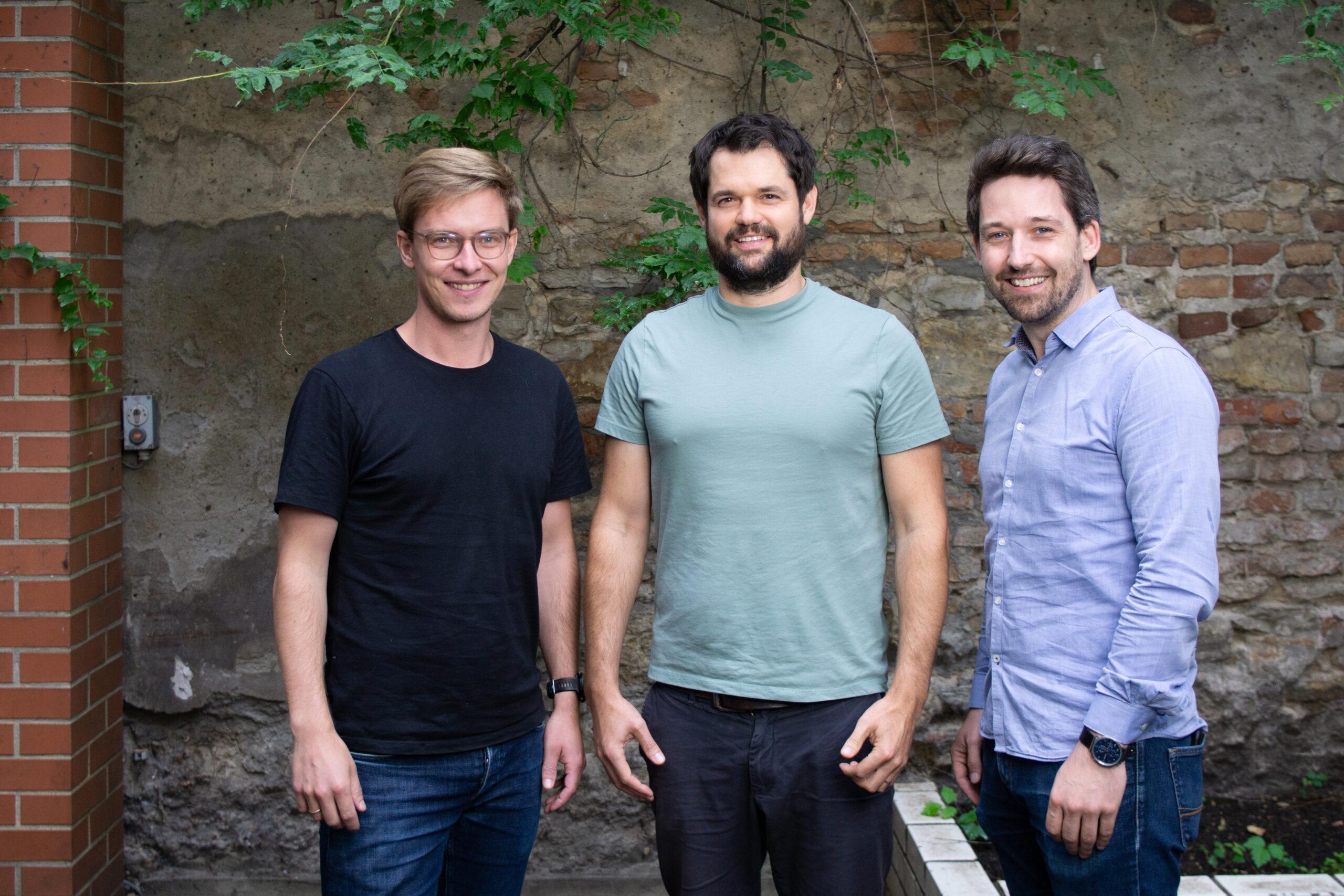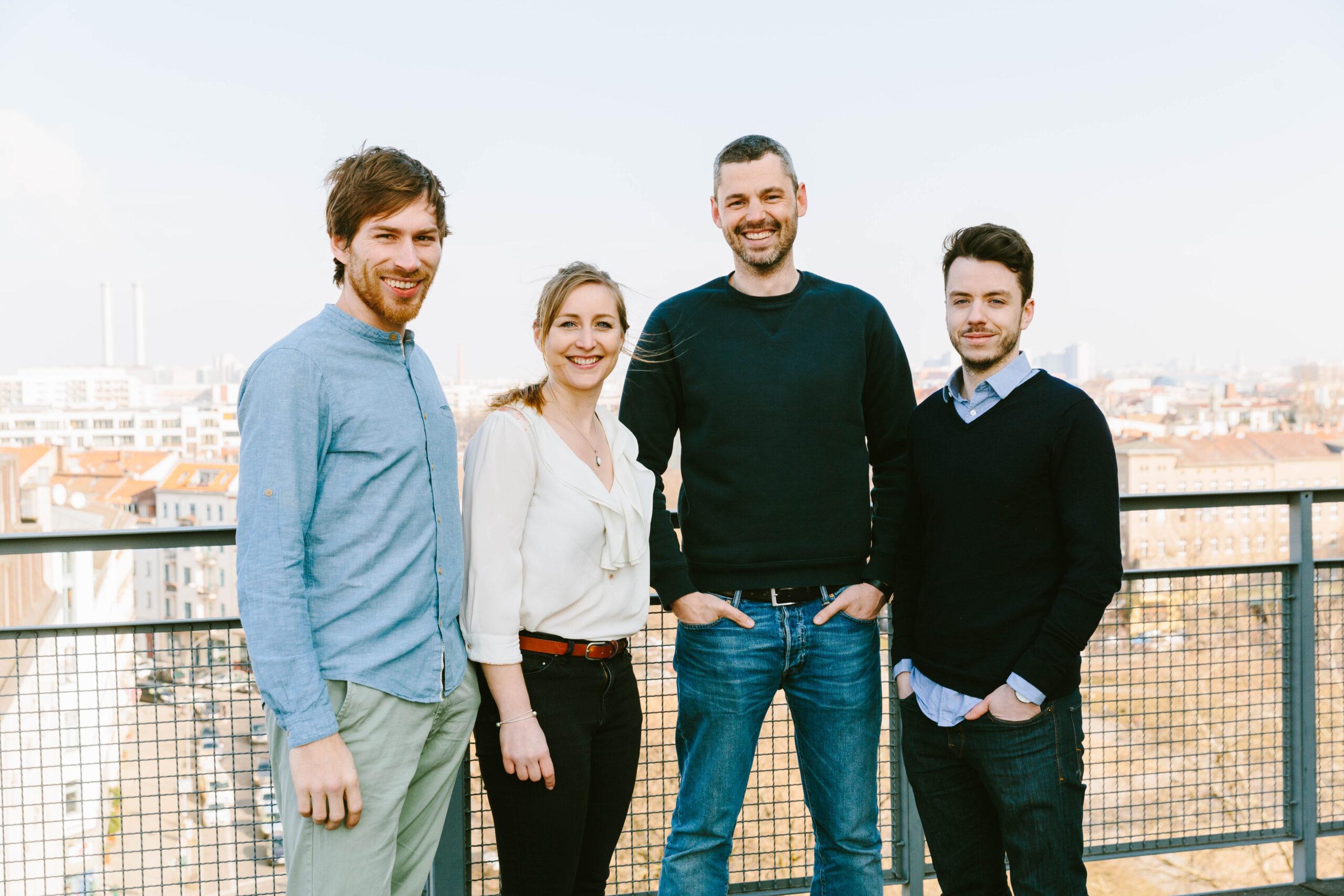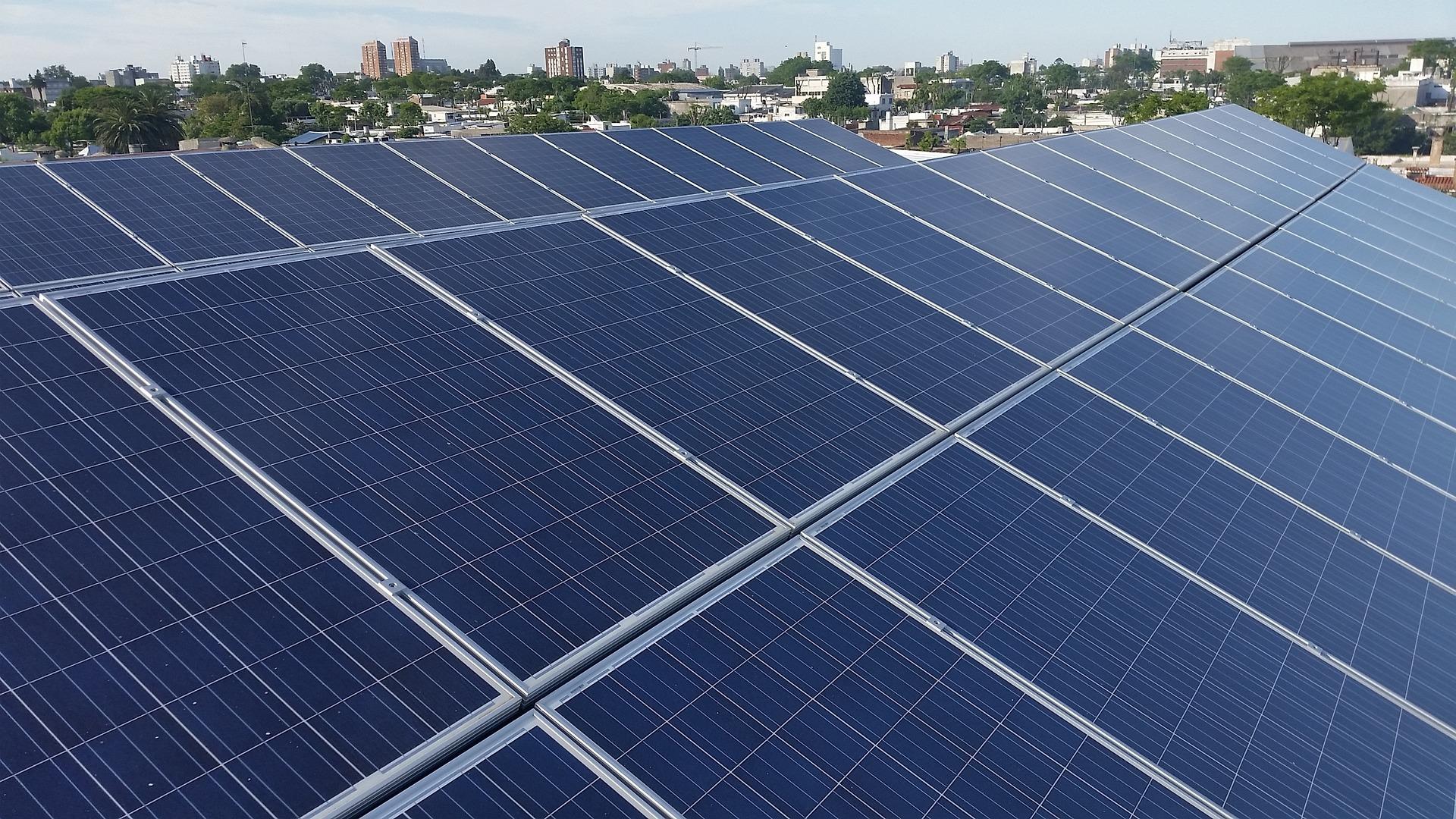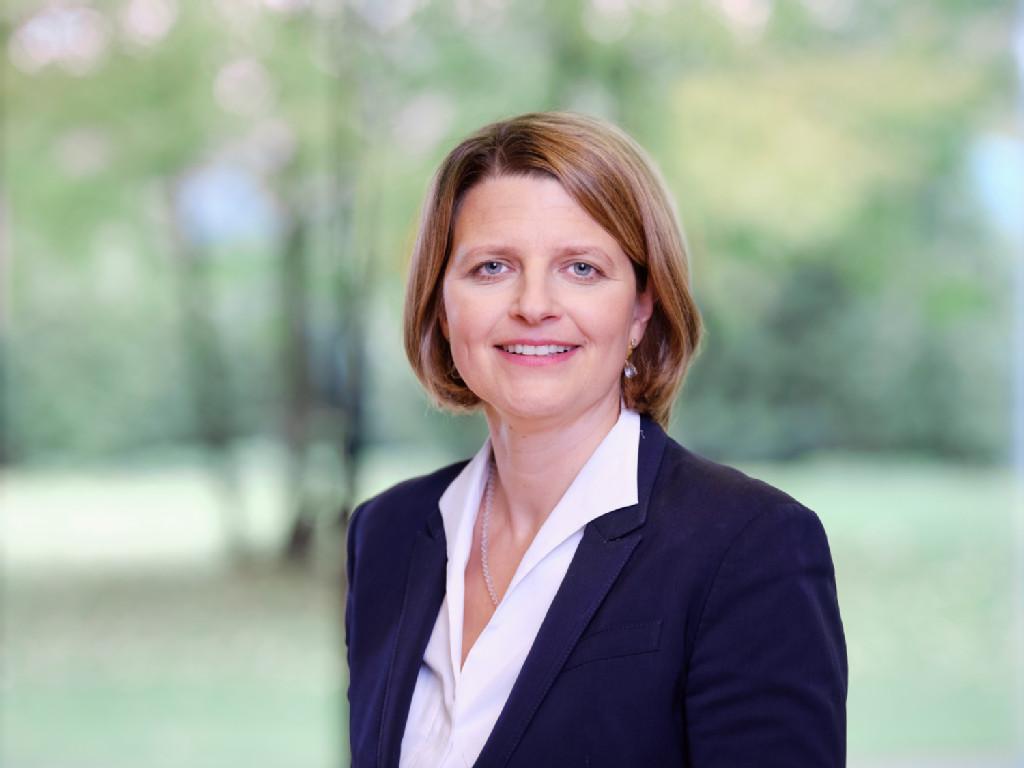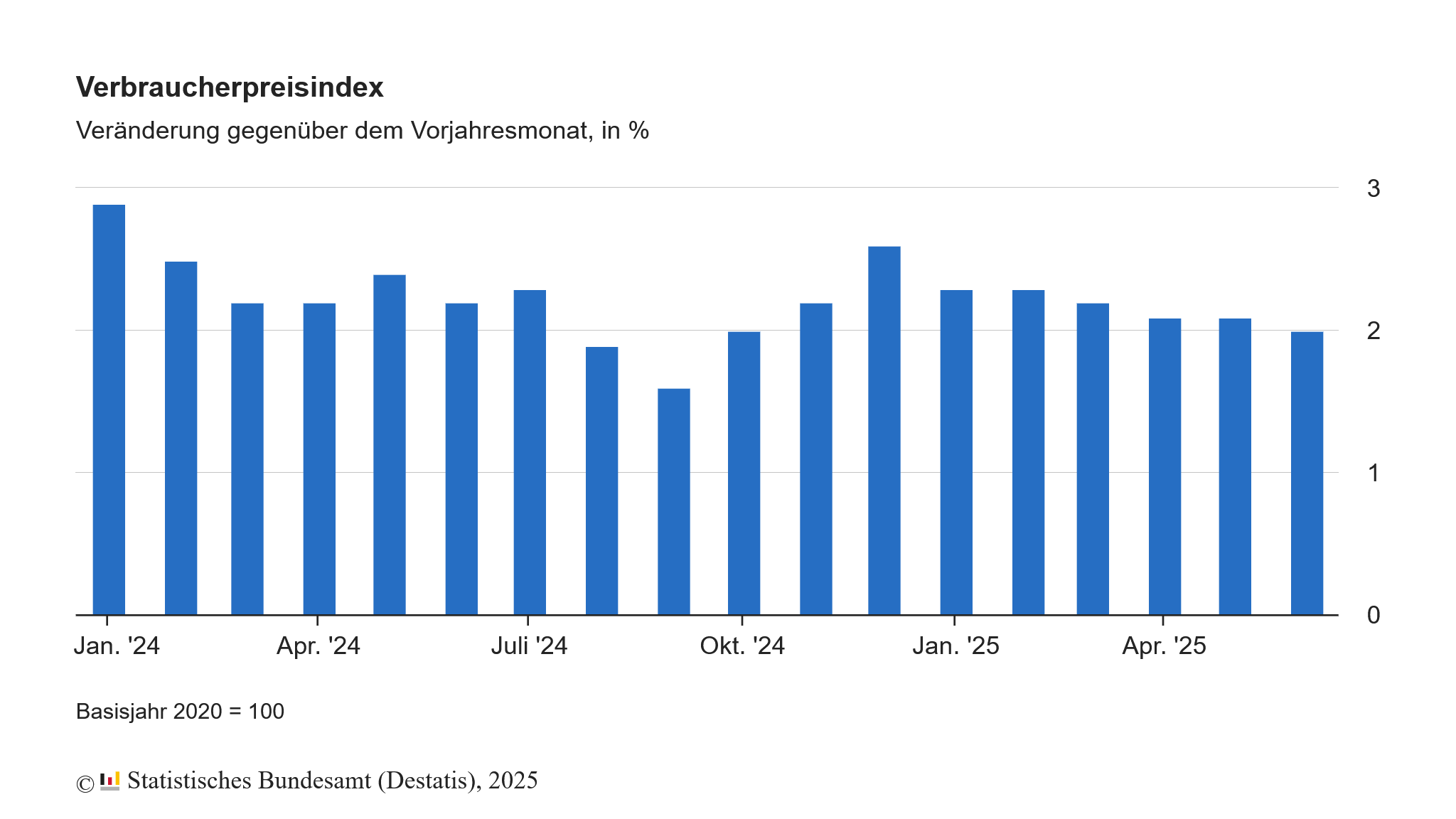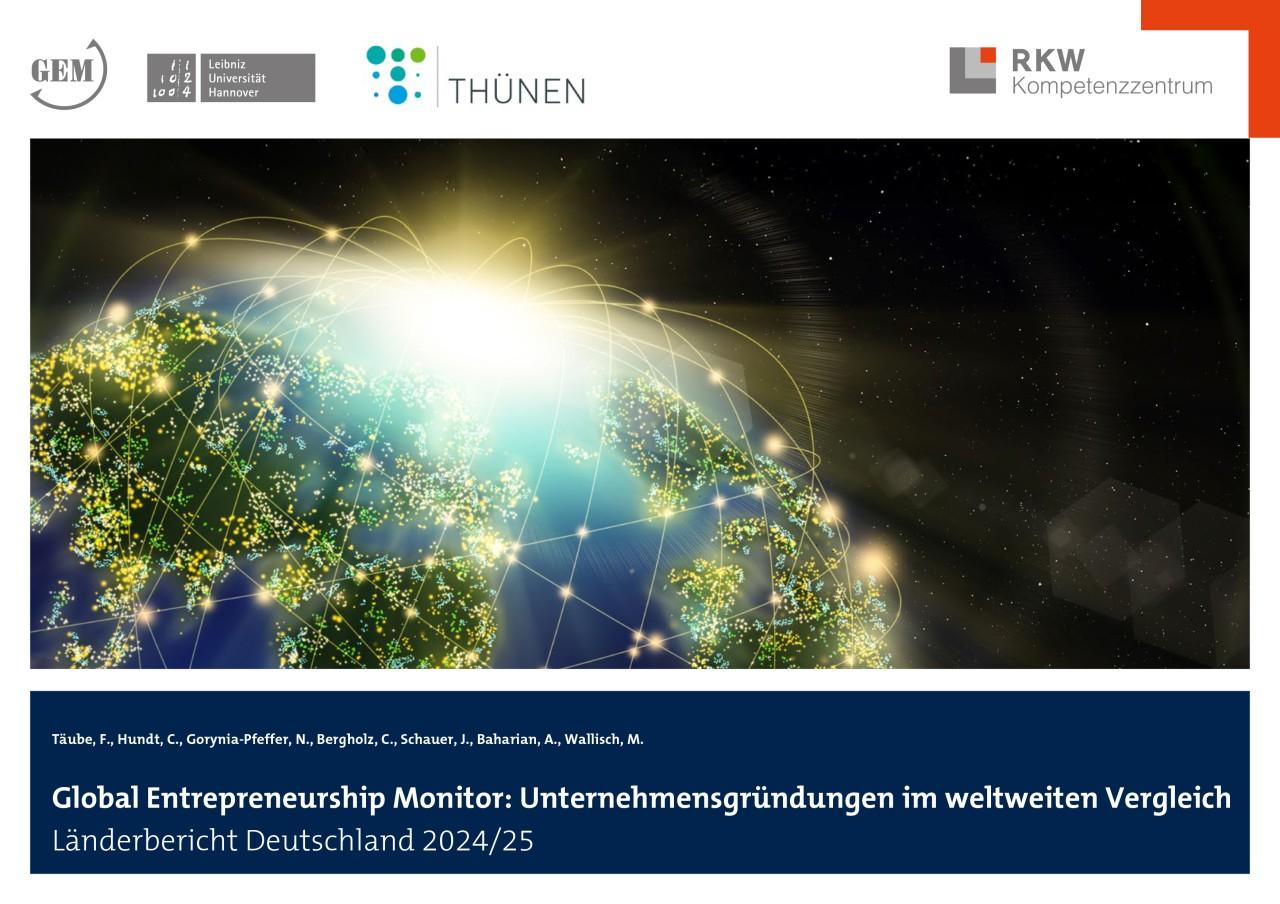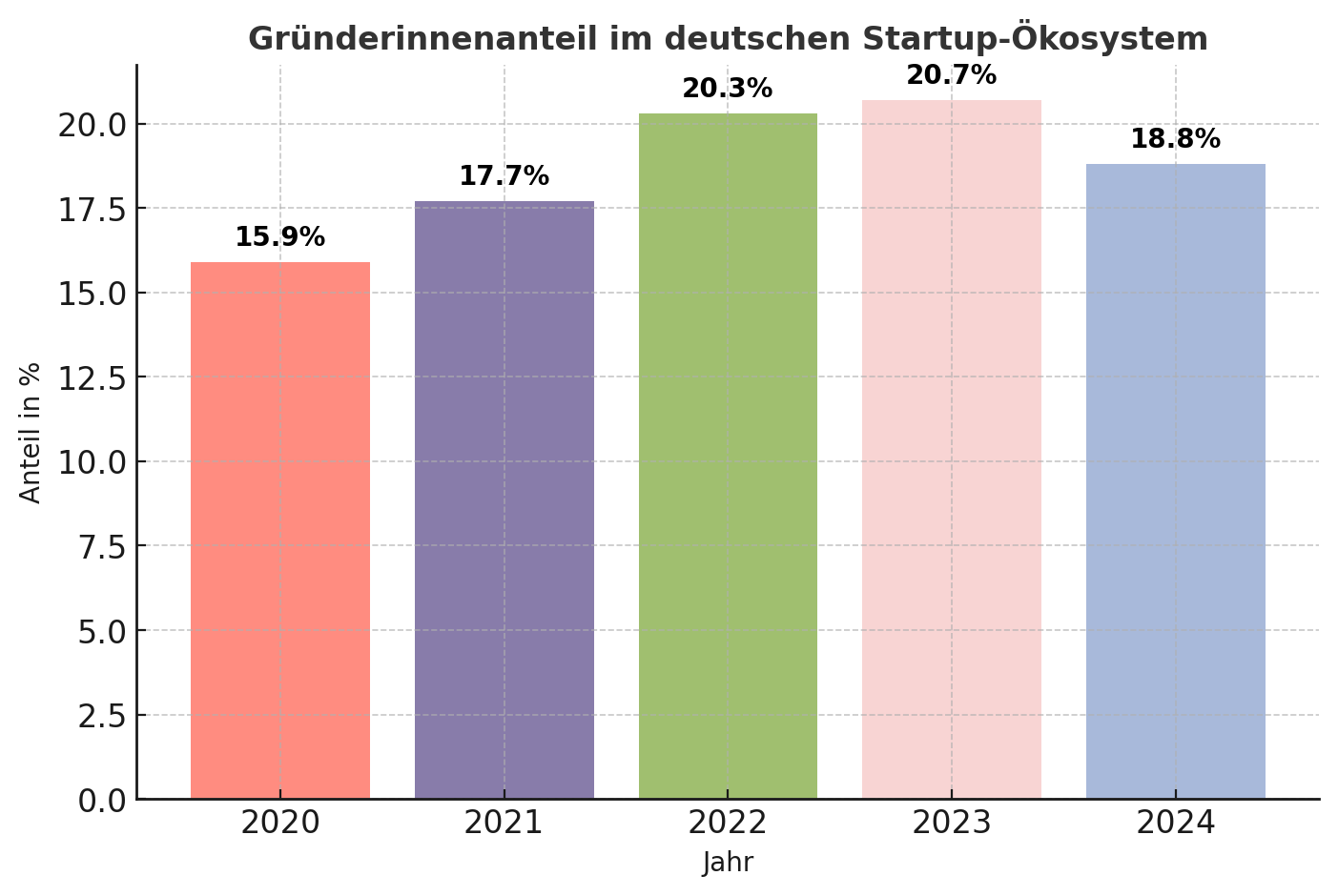When Green Bonds are Worthwhile for Start-up Financing
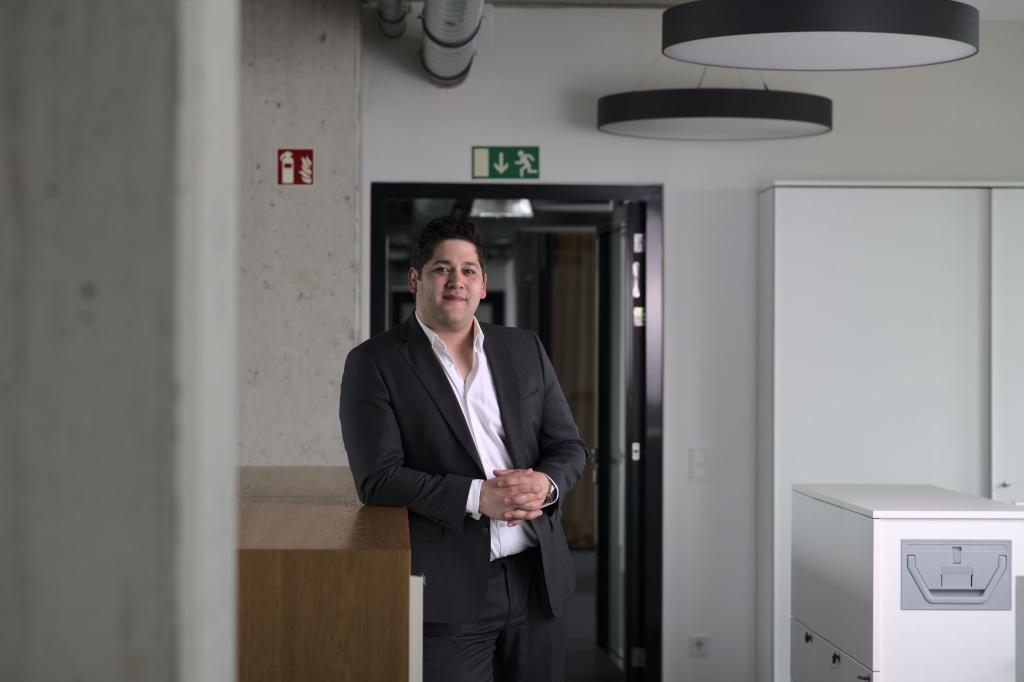
In the world of sustainable finance, more and more attention is being paid to green corporate bonds. But is this also worthwhile for start-ups?
February 28 was certainly a happy day for Martin Siddiqui. The co-founder of Pacifico Renewables Yield AG was finally able to publicly announce the completion of his financing round. The special feature: Siddiqui took a rather unusual route. He has managed to raise money without bringing new investors on board who now want to have a say in decisions - and without taking out a traditional loan.
Siddiqui opted for a so-called green bond, i.e. a green corporate bond. He has raised 35 million euros in this way. The money comes from the Swiss bank UBS. In view of this, Siddiqui even speaks of an "accolade" for his young company. Can the financial instrument also be worthwhile for other start-ups? Startbase does the check.
How green bonds work
First of all, green bonds hardly differ from normal bonds. Both their structure and their risk profile, and therefore ultimately their expected return for investors, are similar. However, anyone wishing to issue a green bond usually has to meet certain requirements. Although there is not yet a uniform standard, the "ICMA Green Bond Principles" probably come closest to this. "These include the fact that they are earmarked for a specific purpose and that a second party opinion must usually be obtained," explains Lukas Adamski from the sustainability-oriented GLS Bank.
This makes things a little more complicated than with normal bonds - and than with a conventional financing round. Anyone who issues a green bond usually does so in order to finance sustainable and climate-friendly projects. This could be the construction of wind farms, for example. In theory, companies are thus specifically financing measures for which they would not receive money on the conventional financial market at interest rates below the market average. Social bonds, which are then based on social criteria, also work according to the same principle.
The so-called second party opinion usually comes from a rating agency specializing in sustainability. It basically assesses whether the project in question is "green" enough. In rare cases, companies can avoid such an assessment. "As GLS Bank, we recently structured a bond for Chancen eG that could meet the criteria of a social bond. However, we refrained from labeling it accordingly, as the placement was secured and we did not want to unnecessarily increase the costs of issuing the bond," says Adamski. A second party opinion was therefore not necessary.
Obtaining this valuation, commissioning a bank to structure the green bond and finally registering the whole thing with the German Federal Financial Supervisory Authority (Bafin) all cost money - and a lot of time. At GLS, for example, they estimate that it takes between four and six months just to draw up the associated securities prospectus, create the technical set-up and obtain Bafin approval.
The earmarking in particular makes green bonds and also social bonds rather unsuitable for financing start-ups, says Adamski. "This is basically only possible if they can demonstrate that their entire business concept serves these purposes."
When a business model becomes sustainable
With Pacifico, however, they have managed to do just that. The start-up is involved in the construction of wind and solar power plants and invests as soon as it has obtained approval from the authorities, the financial risk is justifiable and it can estimate the forthcoming income. Pacifico is therefore an electricity producer on the one hand and an investor on the other. "Our aim is to bring the construction and, above all, the operation of renewable energies to the market as a good and simple capital investment," says Martin Siddiqui.
Strictly speaking, there are two Pacificos. One company, Pacifico Energy Partners, takes on the much riskier part of planning the relevant plant. Once this has been completed, Pacifico Renewables Yield AG can then purchase the plant. "This gives us a clean and clear separation of the development risks borne by our development partners and the stable and predictable cash flow profile of operating the plants, from which we benefit as operators," says Siddiqui.
It is a business model that is not very common in Germany, but is used more frequently in the Anglo-Saxon world. It is called a yieldco, which is a combination of the words "yield" and "company" - and ultimately describes listed electricity producers who want to convince investors with returns.
However, it was not easy to set up a green bond. Among other things, Pacifico created a 16-page green finance framework to demonstrate how sustainable it is. "A due diligence process like this is very time-consuming. Debt funds attach great importance to a detailed review of the entire portfolio," says Siddiqui. You have to allow six months for all of this. "But it also helps to go through all your own processes, investments, etc. with the financing experts from UBS." As an entrepreneur, you also learn a lot yourself. In contrast to traditional VCs, investors who facilitate such green financing look at everything that can go wrong in the company and less at the growth prospects.
Green bonds are worthwhile under these conditions
Siddiqui now primarily sees the advantages of a green bond. "In the past, we have also worked with mezzanine financing, but these often have interest rates of eight percent or more. The conditions of the green financing with UBS are significantly lower at 4.85 percent," he says.
Lukas Adamski from GLS-Bank sees disadvantages for start-ups, especially in comparison to a classic investor round, in view of the great effort involved. According to him, those who still want to invest in sustainable bonds should focus on sustainable bonds. These have the advantage that they fulfill both social and ecological criteria. A start-up would then not only have to have a green or social business model, but could argue that it is partly active in both fields.

Newsletter
Startups, stories and stats from the German startup ecosystem straight to your inbox. Subscribe with 2 clicks. Noice.
LinkedIn ConnectFYI: English edition available
Hello my friend, have you been stranded on the German edition of Startbase? At least your browser tells us, that you do not speak German - so maybe you would like to switch to the English edition instead?
FYI: Deutsche Edition verfügbar
Hallo mein Freund, du befindest dich auf der Englischen Edition der Startbase und laut deinem Browser sprichst du eigentlich auch Deutsch. Magst du die Sprache wechseln?

